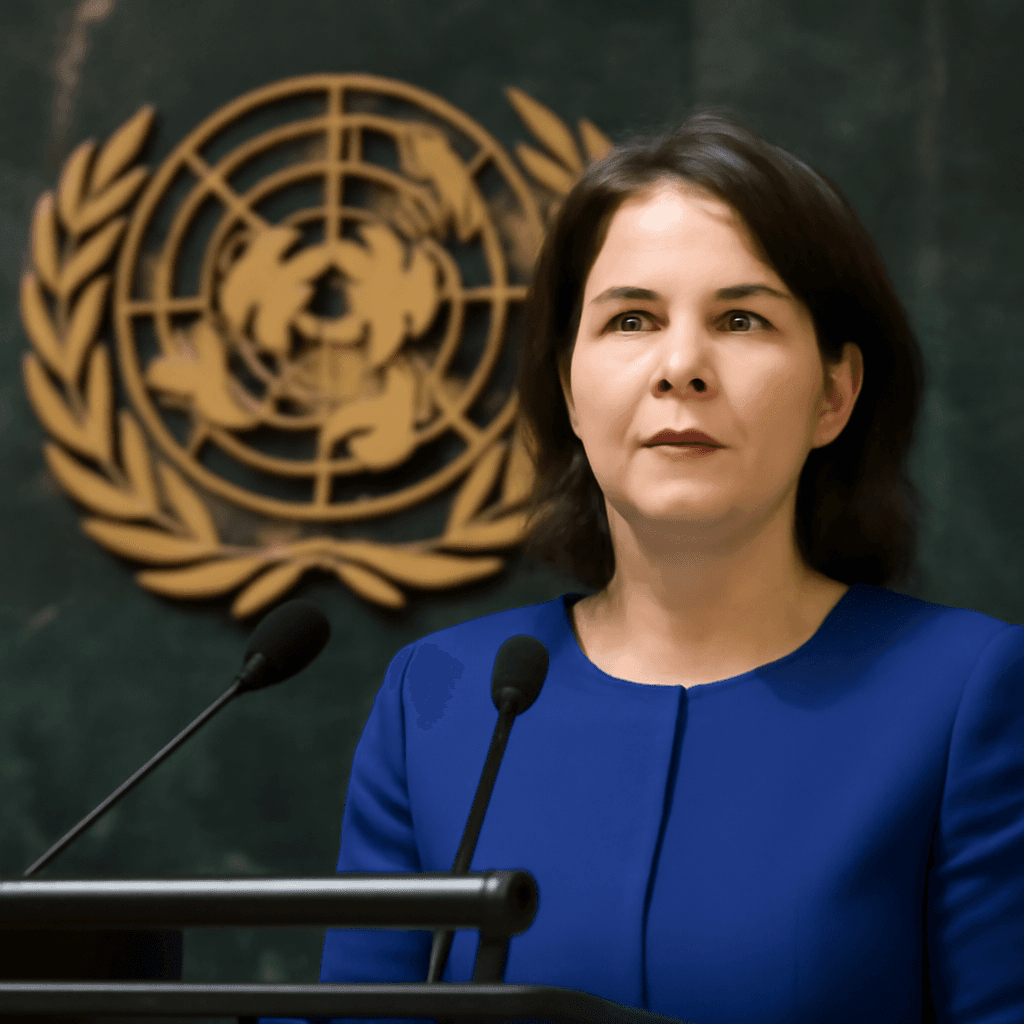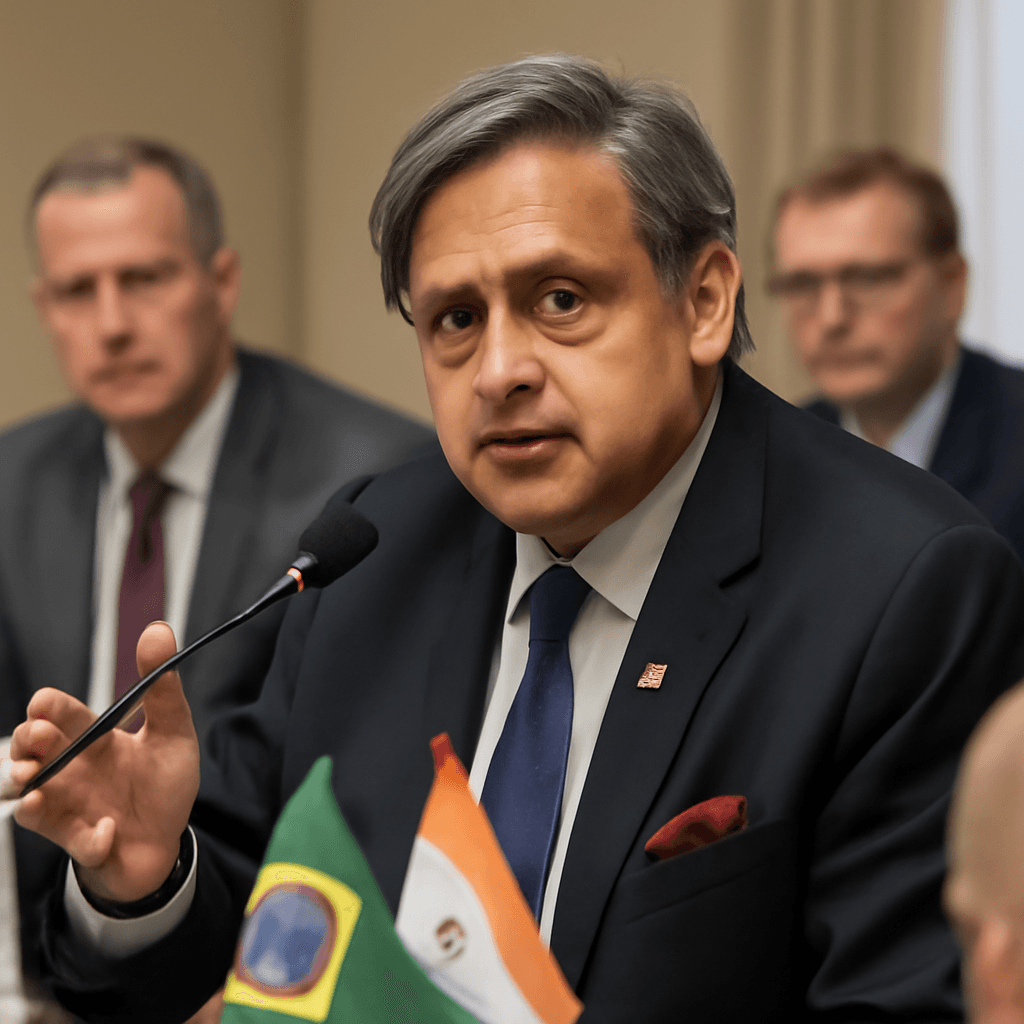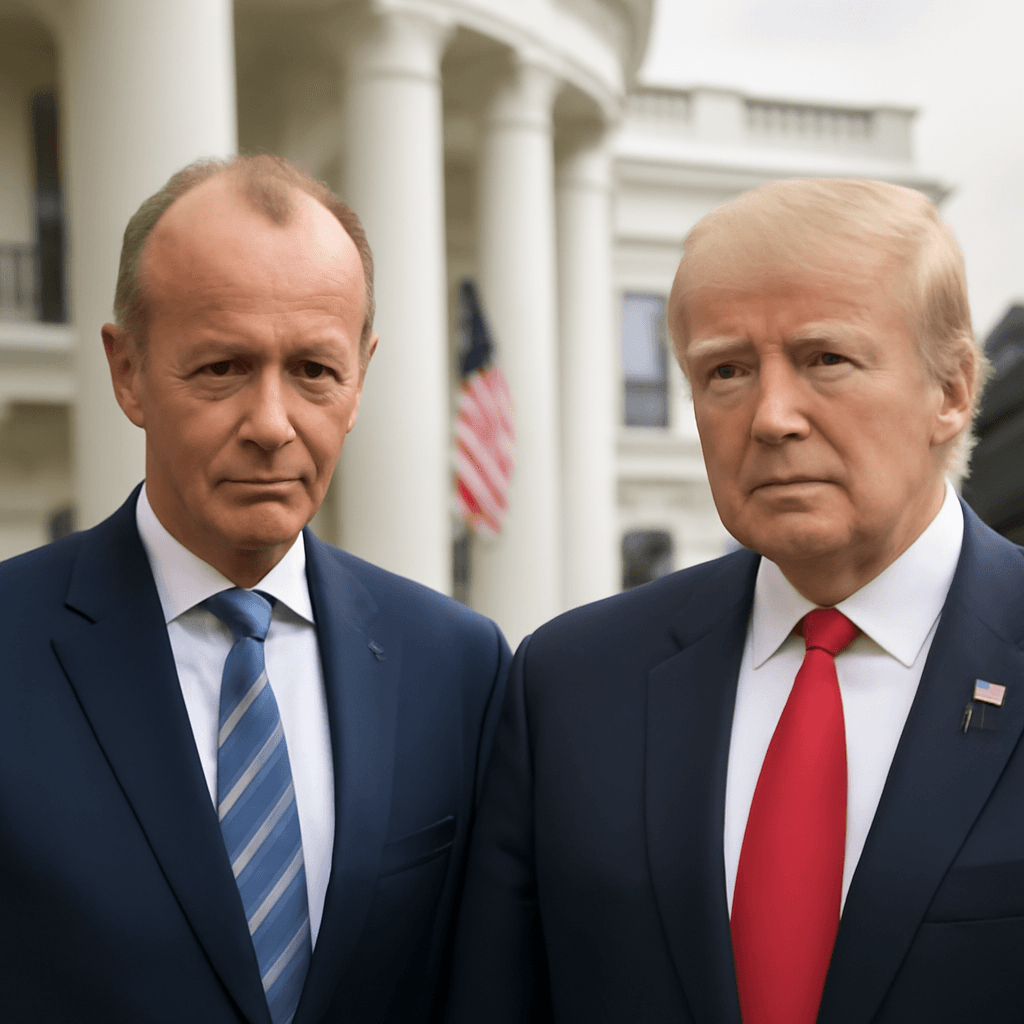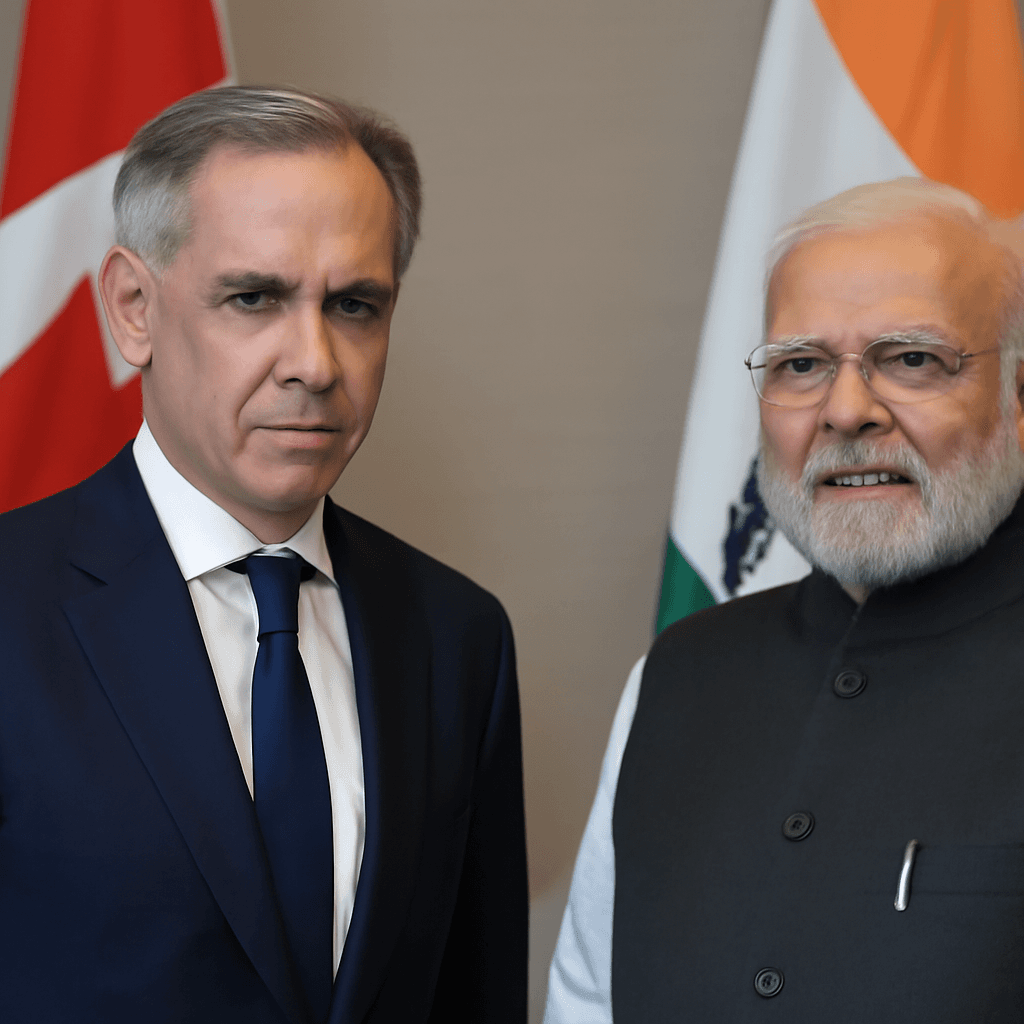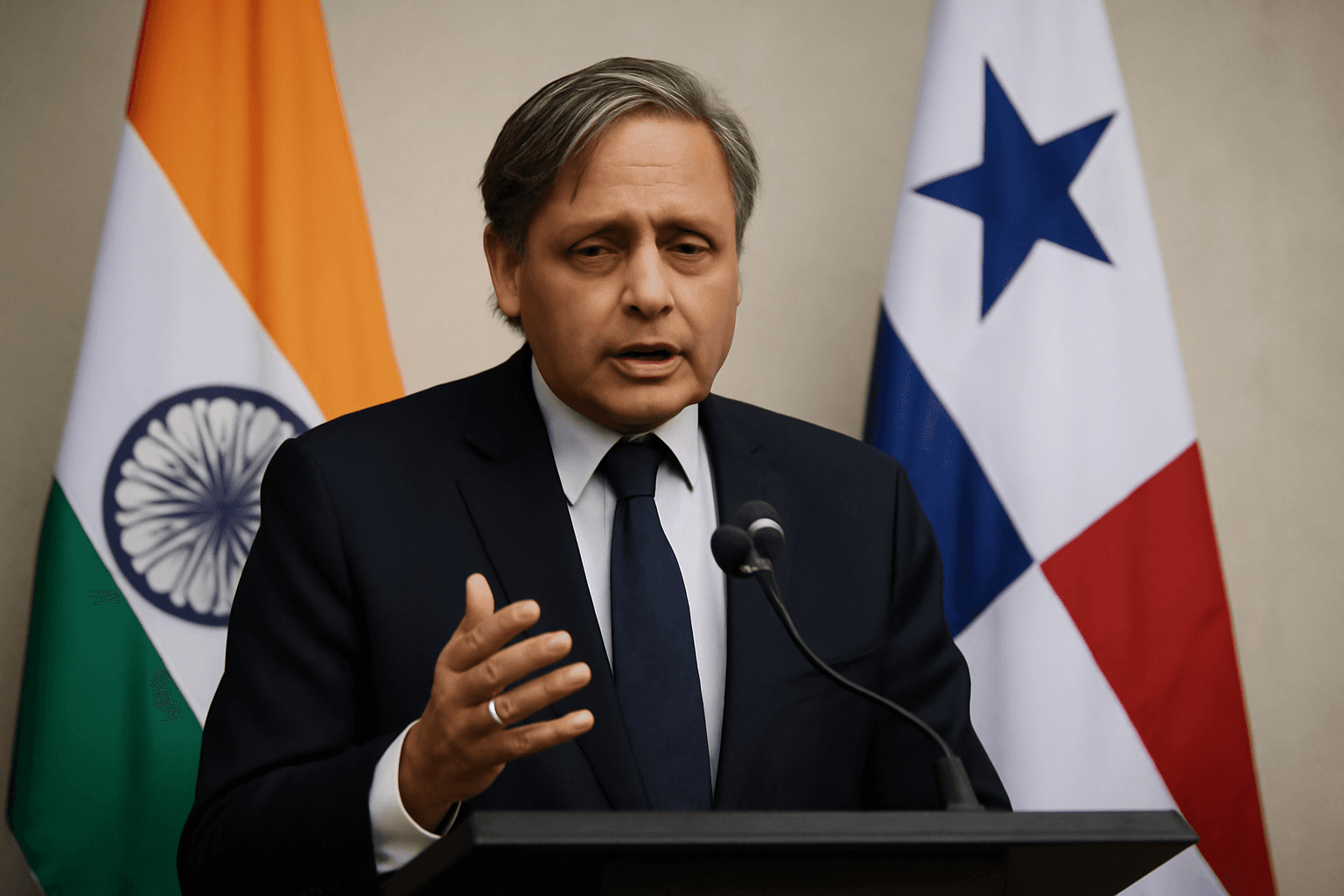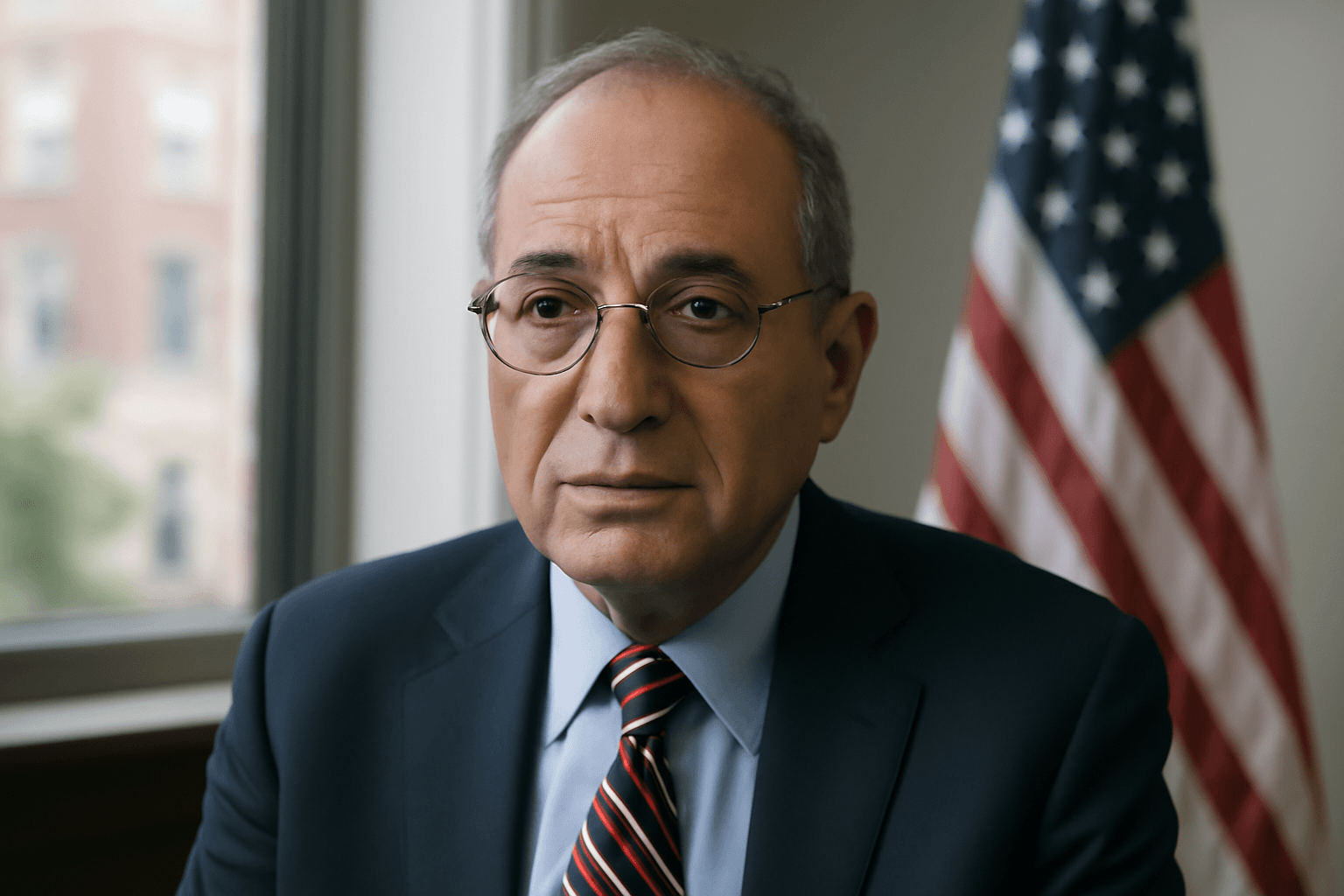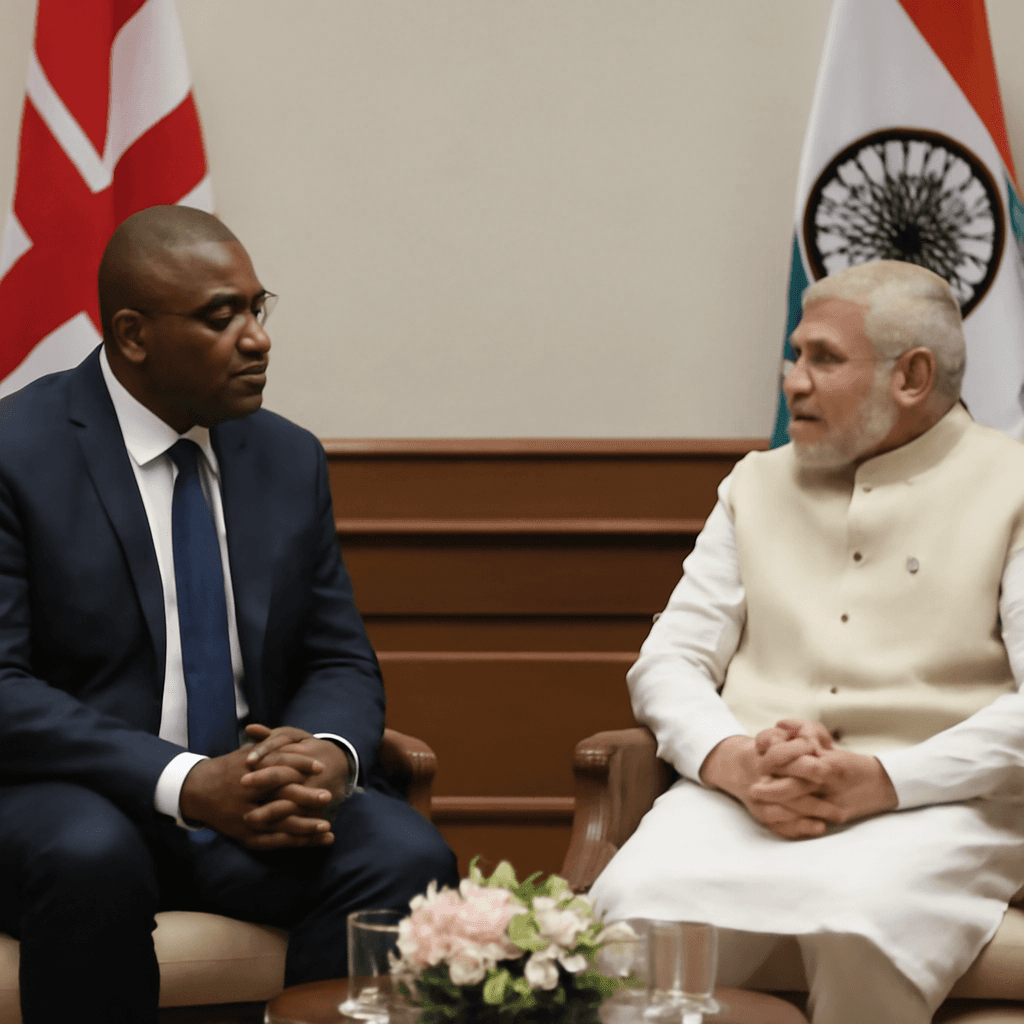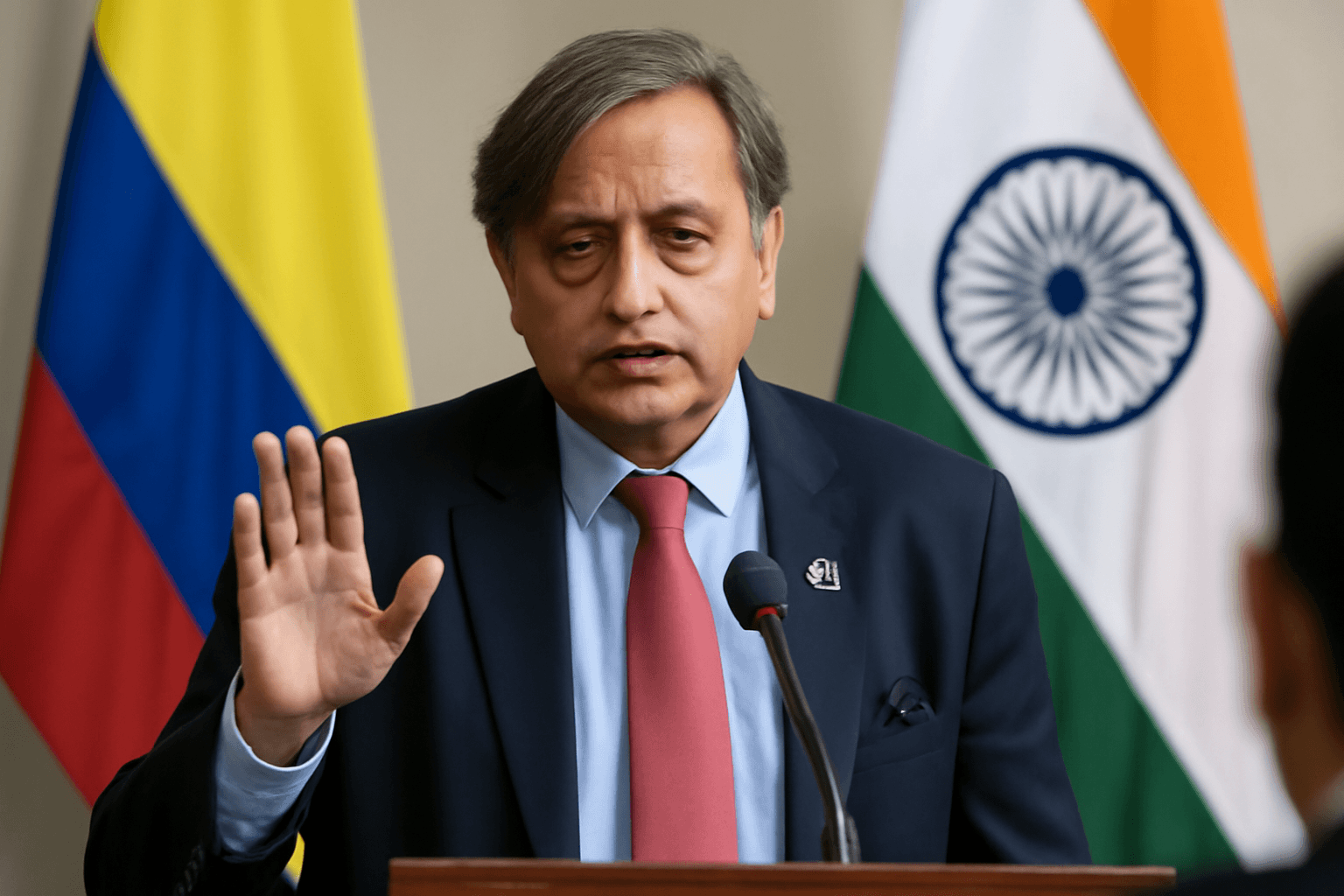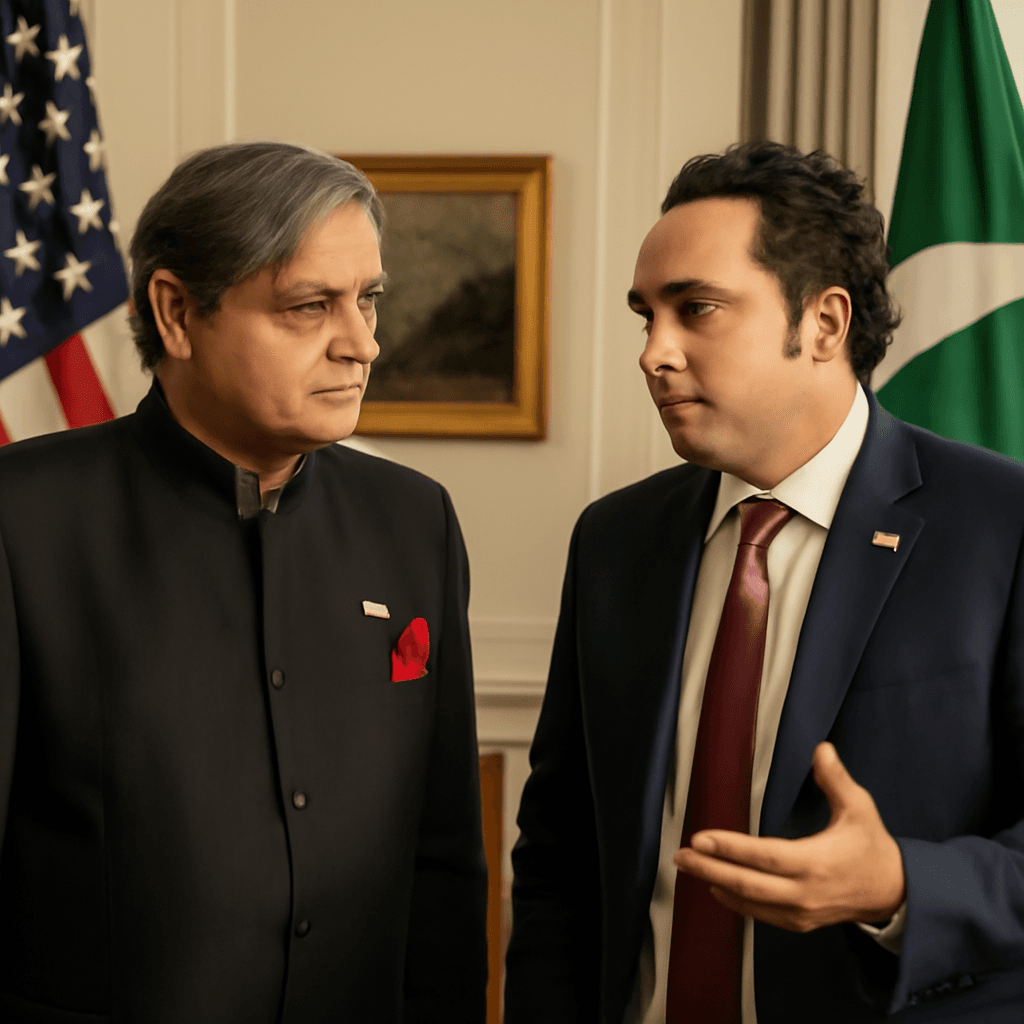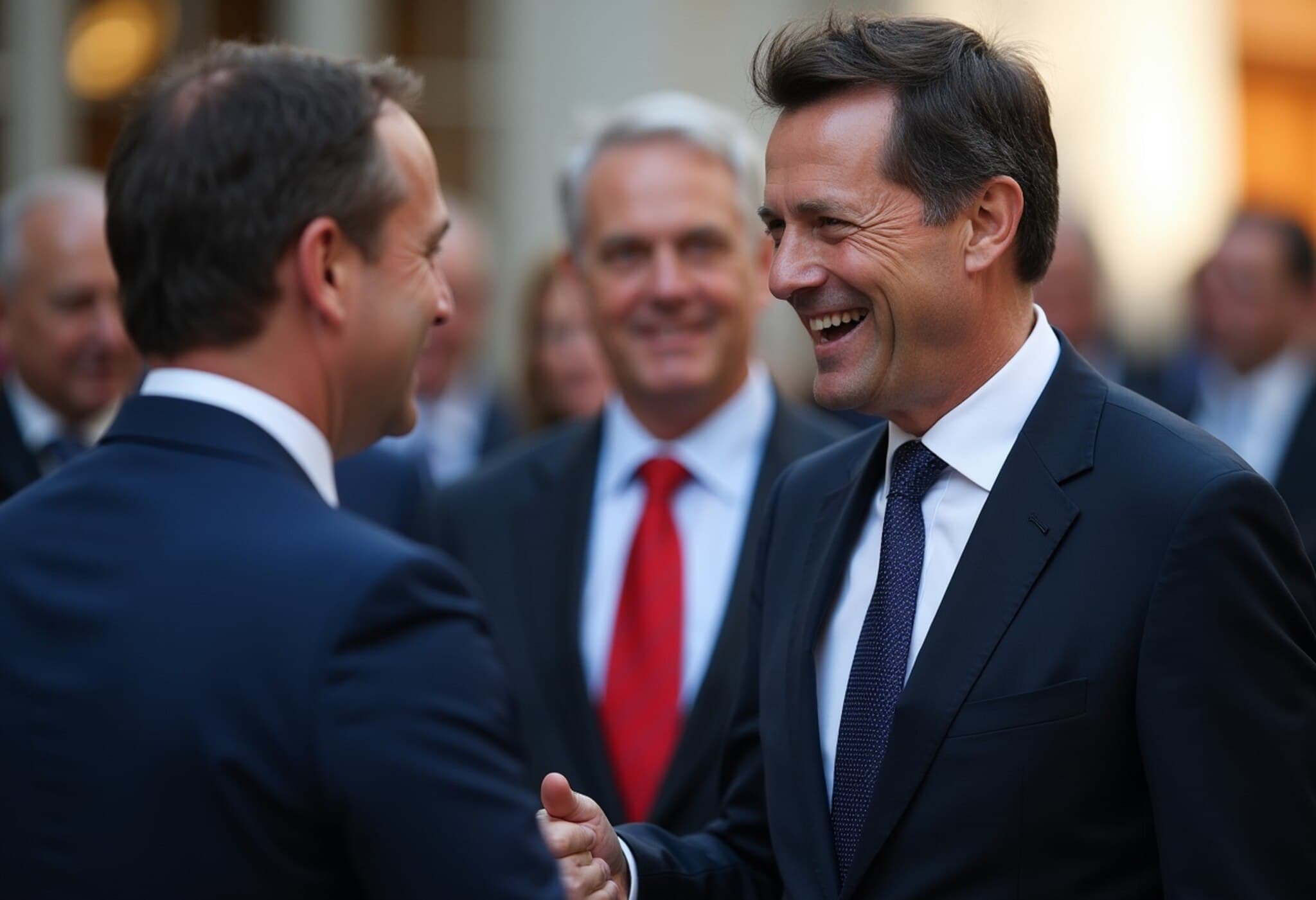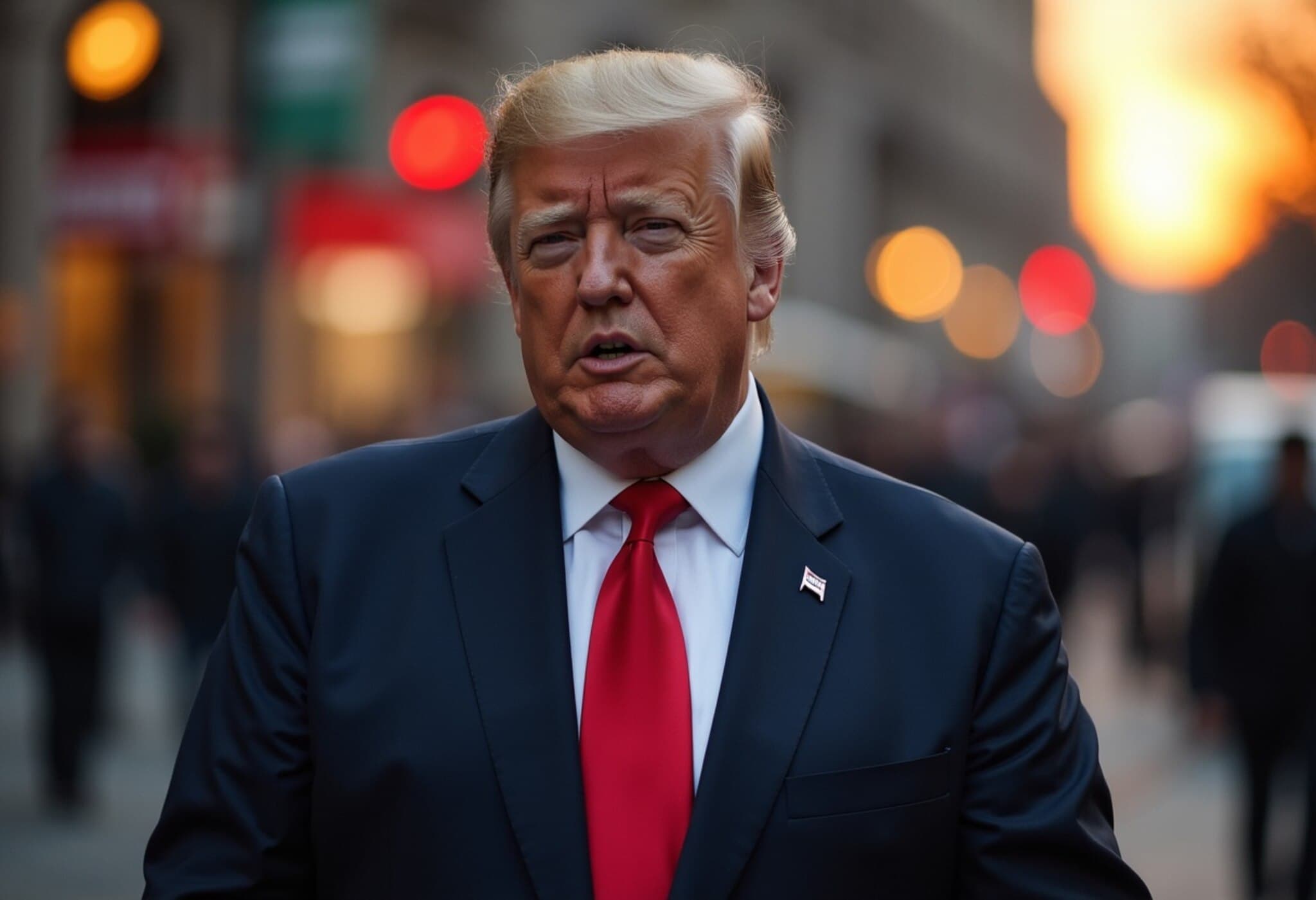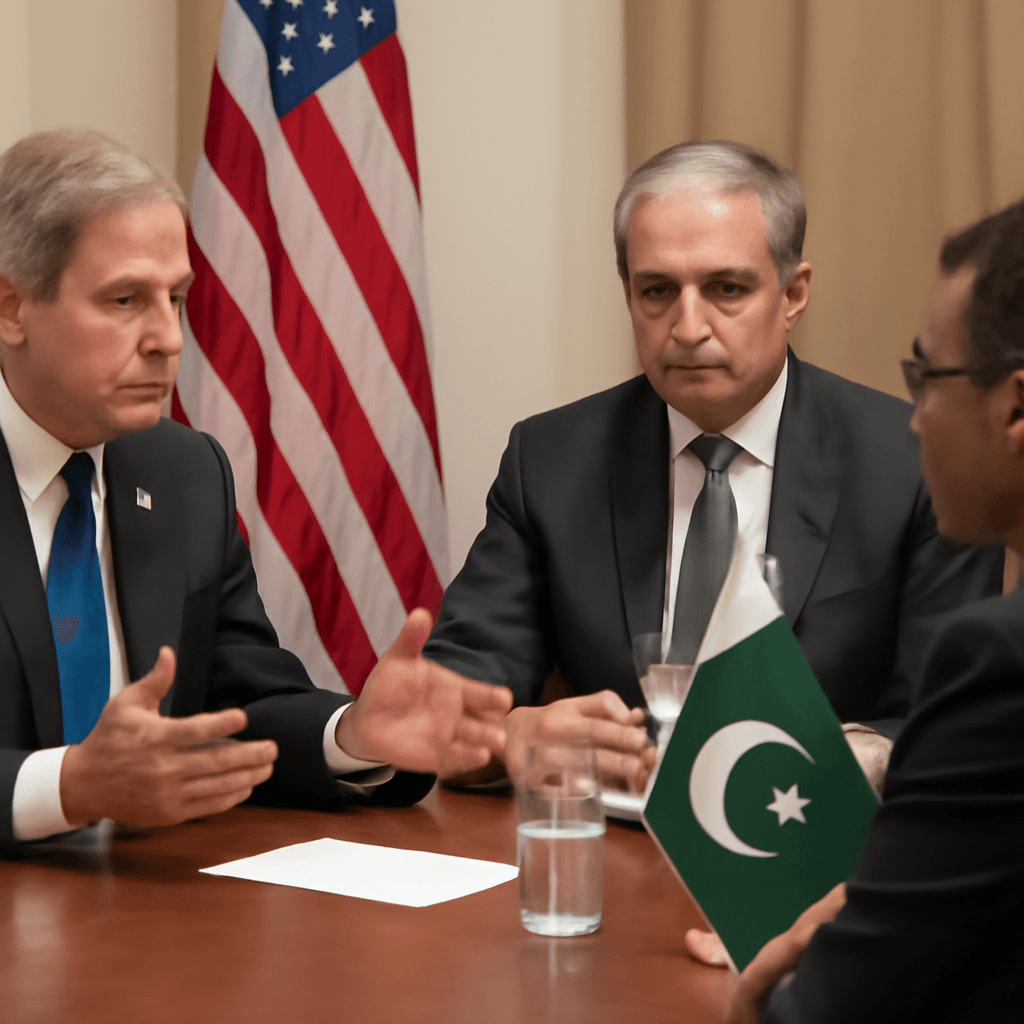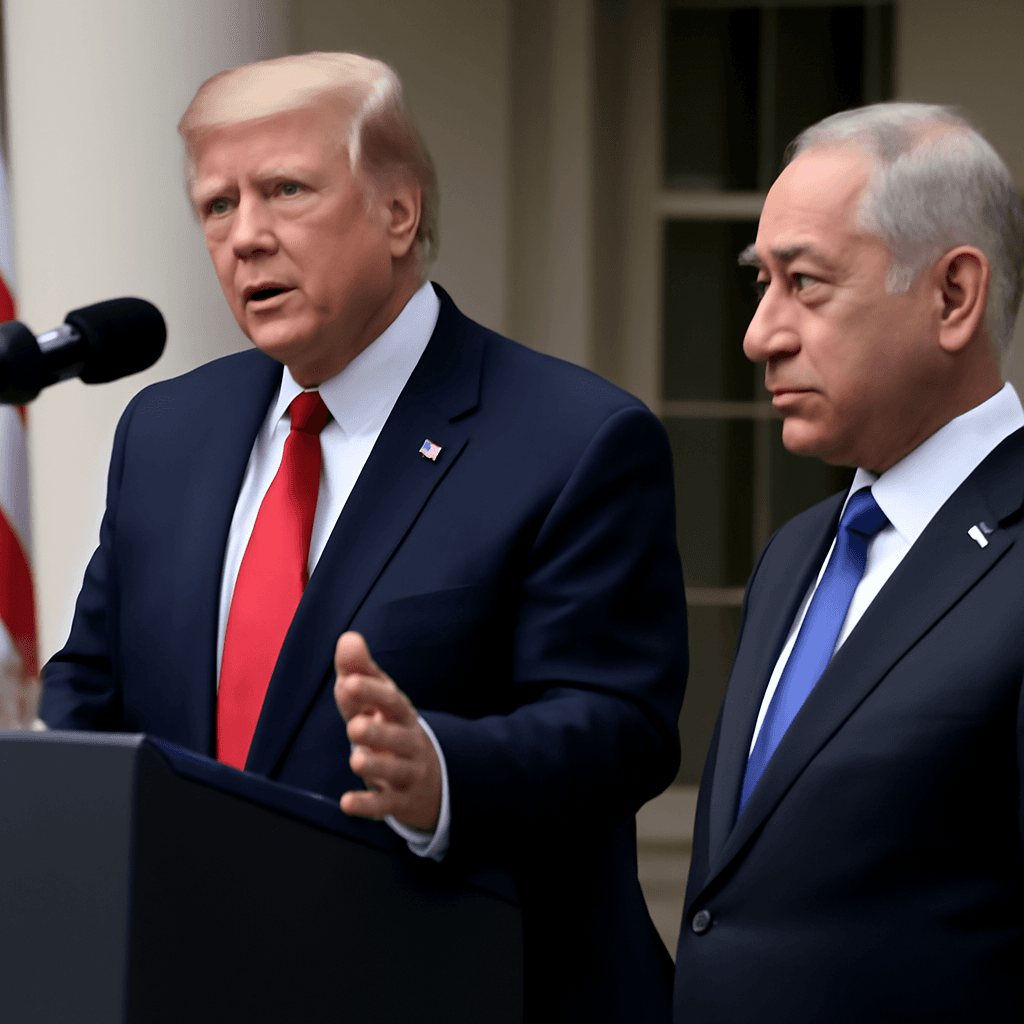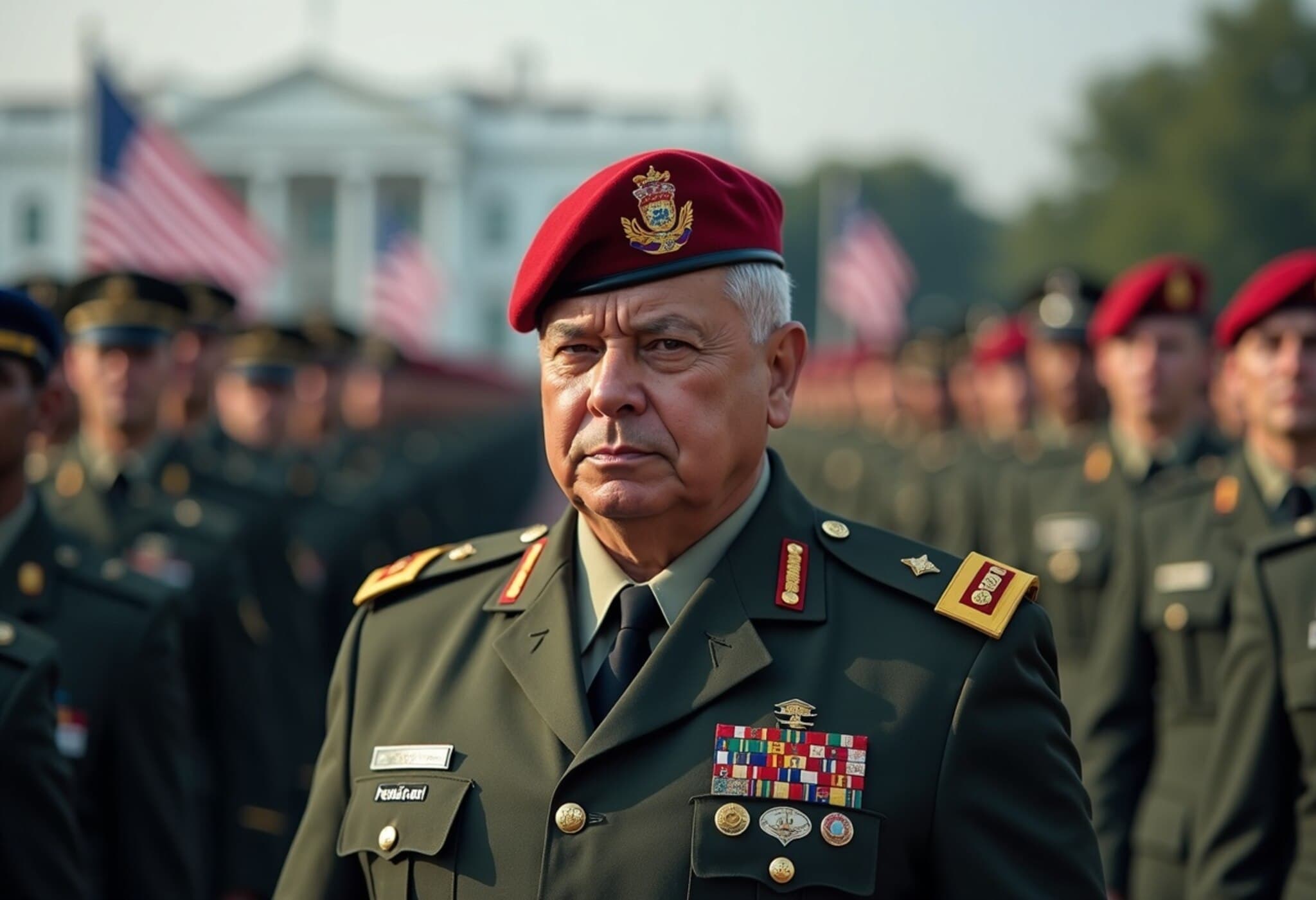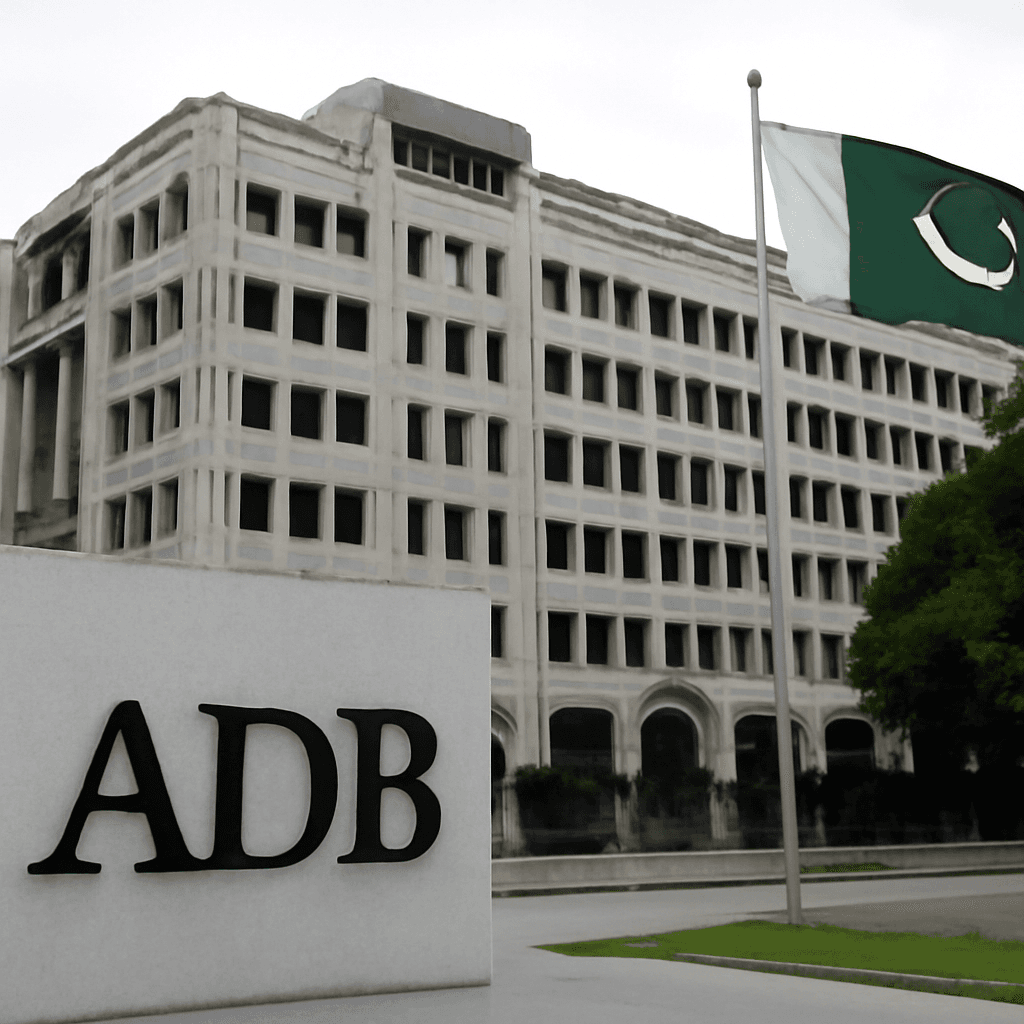Annalena Baerbock Secures UN General Assembly Presidency Despite Russian Opposition
Germany's former foreign minister, Annalena Baerbock, has been elected president of the 80th session of the United Nations General Assembly, overcoming significant resistance from Russia. Baerbock won a decisive victory with 167 votes, nearly twice the number required for a majority.
The presidency is traditionally a largely ceremonial role rotated annually among member states, with the election typically uncontested and conducted by acclamation. However, in a notable departure, Russia demanded a secret ballot in an effort to block Baerbock's selection, citing concerns about her competence and bias. These objections were voiced by Russia's deputy UN ambassador, Dmitry Polyanskiy, but ultimately failed to sway the majority of the General Assembly.
Profile of Annalena Baerbock
Born on December 15, 1980, in Hanover, Baerbock is a prominent German politician affiliated with the Alliance 90/The Greens. She served as Germany's first female foreign minister from December 2021 until May 2025, gaining international recognition for her firm stance on global affairs, particularly her vocal opposition to Russia’s invasion of Ukraine.
At 44 years old, Baerbock becomes only the fifth woman to preside over the UN General Assembly, marking a significant milestone for gender representation and generational change in the organization’s leadership.
Significance of Baerbock’s Election
Baerbock emerged as a candidate late in the selection process, stepping in as Germany’s nominee when she was about to leave her foreign minister post after the February 2025 parliamentary elections. She succeeds Helga Schmid, whose candidacy had been anticipated but did not materialize.
Following her election, Baerbock emphasized the importance of inclusive dialogue, stating, “As the President of the General Assembly, I will engage in a trust-based dialogue with all Member States. My door will always be open for everyone.”
Her strong electoral mandate is viewed as a potential catalyst for addressing entrenched stalemates within the UN Security Council and advancing multilateral cooperation during her tenure.
Looking Forward
Baerbock’s presidency arrives at a critical juncture for the UN amid ongoing global conflicts and geopolitical tensions. Her leadership is expected to bring fresh perspectives and reinforce efforts to maintain international peace and security through dialogue and diplomacy.

